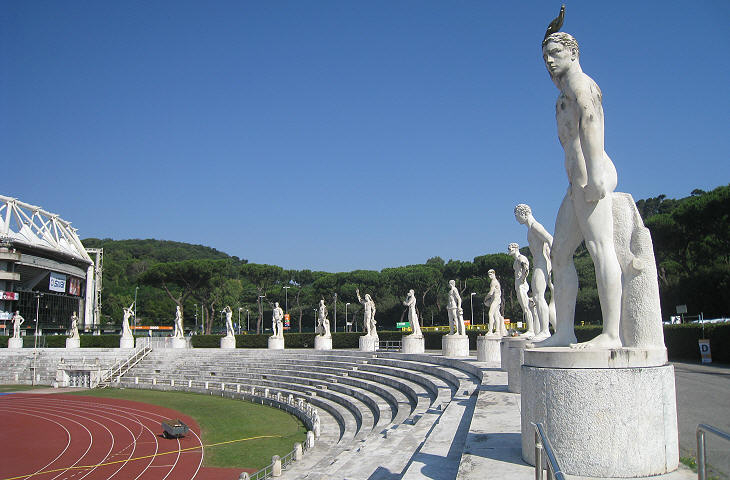How do you clean up corruption when it is perceived that all parties are steeped in it?
According to this powerful opinion piece by Juliet Macur of the New York Times, better to go with the devil you know, than the devil you don’t.
She writes how the head of WADA (the World Anti-Doping Agency), Dick Pound, has consistently been blunt and hardline with regards to corruption in athletics, particularly as it relates to doping. (She cites in the article a hysterical quote from Pound about a famous cyclist’s testosterone levels as a case in point.) But for some reason, when it comes to the fate of IAAF leader, Sebastian Coe, Pound somehow found it in his heart to praise and support, not tear down. As Macur wrote, “What had WADA done with the real Dick Pound?”
Coe took gold in the 1500 meters in 1980 and 1984, was elected as an MP in the British Parliament, and has been a leader in the International Amateur Athletics Federation since 2007, recently becoming the head of the IAAF last August. To be honest, it’s a lousy time to be the head of the IAAF, which is under a dark cloud of suspicion.

There are allegations of gifts made in exchange for awarding the 2019 world track and field championships to Doha, Qatar. There is the state-sponsored doping program in Russia that was conveniently ignored by the IAAF but eventually exposed by WADA, resulting in Russia’s track and field being banned from international competition, including the Rio Olympics in August. There is the suspected doping of Kenya’s runners, whose performance at the World Athletics Championships in Beijing last August was so superlative, they topped the medals tables for the first time ever.
And finally, there is Coe himself, who very reluctantly disassociated himself from his long-time paid association with Nike. The IAAF awarded the 2021 Athletics World Championships to Eugene, Oregon in the US, with apparently a formal bidding process. Oregon is definitely a hotbed for track, so Eugene’s selection is not a surprise. But Oregon is also the home to Nike. There’s no real indication that Nike, and thus Coe, had anything shady to do with the selection process. But taken all together, the IAAF is not currently a poster child for transparency and ethical decision making.
But as Macur explains, “It can be difficult to find purity at the top of international sports. In track and field, Coe, the former middle-distance star and Olympic champion, just might be the best option. He should serve his punishment for not speaking out against pervasive doping in track and field. His sentence: to clean up his dirty sport.”
Macur goes on to quote 5,000-meter runner and champion, Lauren Fleshmen as saying that Coe probably didn’t know all the corrupt things going on in the IAAF because of its




You must be logged in to post a comment.